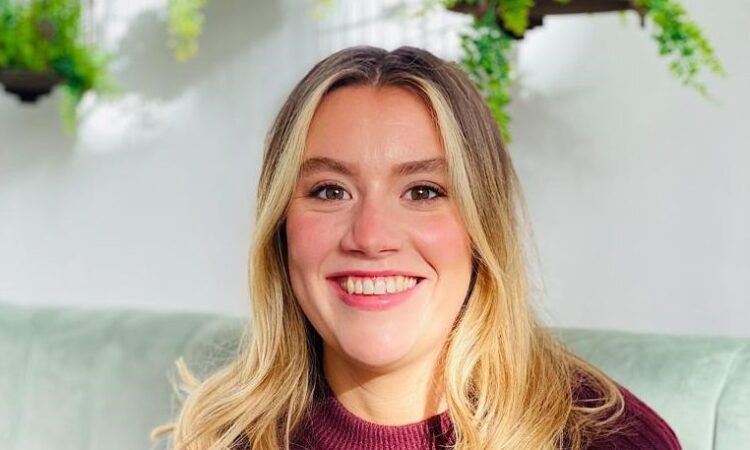
A new report by a Liverpool academic has exposed a glaring funding gap in supporting female-led start-ups.
Twenty per cent of new UK enterprises are led by women, but financial backing for female-led businesses remains at just one per cent of available start-up funding.
If this staggering disparity was addressed, it is estimated it would add an extra £250bn to the economy.
This is the conclusion of a major 30-year study published by The Enterprise Research Centre, in partnership with Liverpool-based The Women’s Organisation.
Authored by Tom Cannon, Professor Emeritus, University of Liverpool Management School, it draws on a 1992 book by Prof Cannon and colleague Prof Sara Carter, and reveals hardly any progress in targeting female-led ventures for start-up funding in 30 years.
The report, ‘Women as Entrepreneurs: Lessons Unlearned?’ highlights the glaring denial of female entrepreneurship, even by some of the most recent support initiatives, such as The Start-Up Loans Company, launched by the British Business Bank, a state-backed institution tasked with accelerating the growth of entrepreneurship and SMEs in the UK.
The bank offers funding that can prove critical to the success of early-stage businesses, yet The Start-Up Loans Company, while recognising the need to offer specialist support to ex-military and young entrepreneurs, makes no provision for black enterprises run by women or black and racial minority (BRM)-led businesses.
There is an urgent need to address the situation. Since 2018 there has been a 17% surge in female-led businesses, despite the disproportionate impact of the pandemic and cost-of-living pressures on women.
This latest study, which examines the progress of women’s enterprise support, or lack thereof, over the past 30 years, highlights the persistent absence of investment in specialist support services, and the failure of mainstream business support products and services which continues to hamper women’s business creation and growth in the UK.
Prof Cannon said: “Looking back since Sara and I first studied the topic, the good, the not so good and the infuriating became obvious.
“The good is growth in the number of female entrepreneurs. They are a distinct and vital part of the entrepreneurial population.
“The not so good is that too many women as entrepreneurs seem to face the same challenges as 30 years ago, especially with finance.
“It is astonishing that the British Business Bank’s Start Up Loans Company doesn’t earmark any targeted elements of its start-up loans scheme for women-owned businesses or engage organisations dedicated to supporting women-owned businesses in the delivery of these loans.
“The infuriating element goes far deeper. Every piece of research I examined highlighted the far greater effect COVID had on women business owners. The sectors in which they worked were hardest hit while the domestic demands on their time soared. In many countries this is acknowledged, and responses initiated, but from those calling for growth, effective responses to the pandemic and action in the UK – little.”
He added: “After 30-plus years of evidence it is impossible to understand why initiatives such as the Start-Up Loans Scheme don’t respond to the evidence and deliver support through partners embedded in, and understanding the needs of women as entrepreneurs?”
The Women’s Organisation is a Liverpool-based social enterprise working across the North West to support female entrepreneurs. Its policy and research co-ordinator, Helen Burkinshaw, said: “We have demonstrated repeatedly that by creating ladders of opportunity for all sections of our community, we can futureproof our economy. What we need now is direct action.
“There is huge untapped potential within our local communities to accelerate growth in an inclusive way. We have provided some compelling data about what can be achieved, so if the Government is really serious about growth, it needs to take an evidence-based approach and set out a plan that encourages full and fair participation and recognise a one-size-fits-all approach to entrepreneurship support is deeply flawed and we have 30 years of an evidence base to prove that.”






